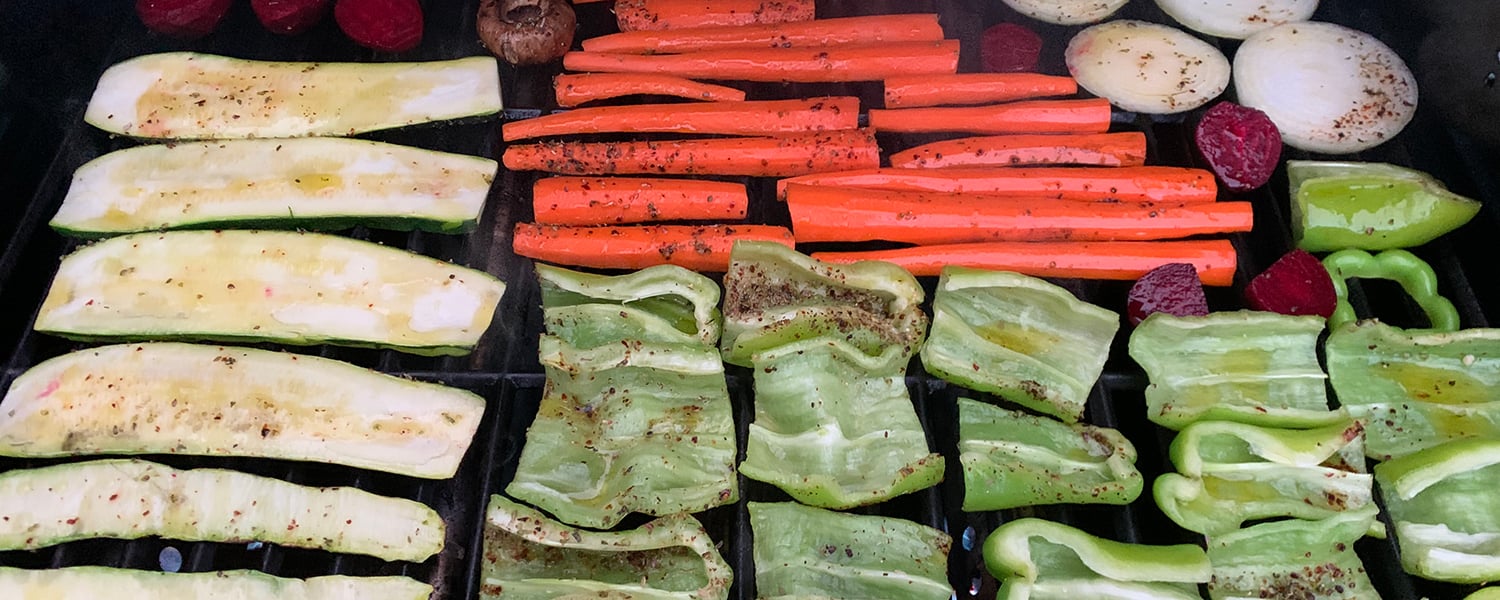 What Is the Optimal Fertility Diet?"
class="bg-img"
fetchpriority="high"
loading="eager"
decoding="async">
What Is the Optimal Fertility Diet?"
class="bg-img"
fetchpriority="high"
loading="eager"
decoding="async">
Written By: Dr. Meghan C.H. Ozcan, Fellow, Women and Infants Fertility Center on July 16, 2025
Originally published: July 2022
Can what you eat really affect your ability to get pregnant?
Here’s a snapshot of what to prioritize:
Fruits and vegetables are packed with nutrients and fiber. Try:
Think brown rice, oatmeal, bulgur, rye, and whole wheat. These complex carbs provide long-lasting energy and nutrients.
What’s just as important as what you eat? How you eat.
Diets from Mediterranean cultures – often praised in fertility studies – are about more than the food itself. They emphasize sharing meals, slowing down, and making eating a social, joyful experience. That approach can also reduce stress (which affects fertility too).
Naturally, some foods and habits don’t play nicely with fertility. Try to limit or skip:
Body weight plays a major role in fertility for both women and men. Hormones that regulate reproduction can be thrown off when body weight is too low or too high.
Small changes can make a big difference. In fact, overweight women with PCOS who lose just 5–10% of their body weight often see improvements in their cycle and fertility.
If you’re wondering whether weight might be impacting your fertility, Body Mass Index (BMI) can be a helpful starting point.
While BMI doesn’t tell the full story (like muscle mass or fat distribution), it can help start the conversation with your healthcare provider.
If you’re trying to conceive, start thinking about prenatal nutrition early – ideally three months ahead of time. This is when supplements like folic acid or prenatal vitamins become important.
Sometimes, bloodwork during a fertility workup can uncover nutrient deficiencies that may interfere with pregnancy. Getting ahead of that helps support both fertility and a healthy pregnancy.
If you’re looking for support, guidance, or a personalized fertility plan, we’re here to help. Our team at Women & Infants Fertility Center works with you to build the foundation for your growing family – starting with the basics, like what’s on your plate.
Contact us to learn more about how our team can help support you as we help you build your family.
Disclaimer: The content in this blog is for informational and educational purposes only and should not serve as medical advice, consultation, or diagnosis. If you have a medical concern, please consult your healthcare provider or seek immediate medical treatment.
Send Us A Message
90 Plain Street,
Providence, RI 02903
Copyright © 2026 Care New England Health System